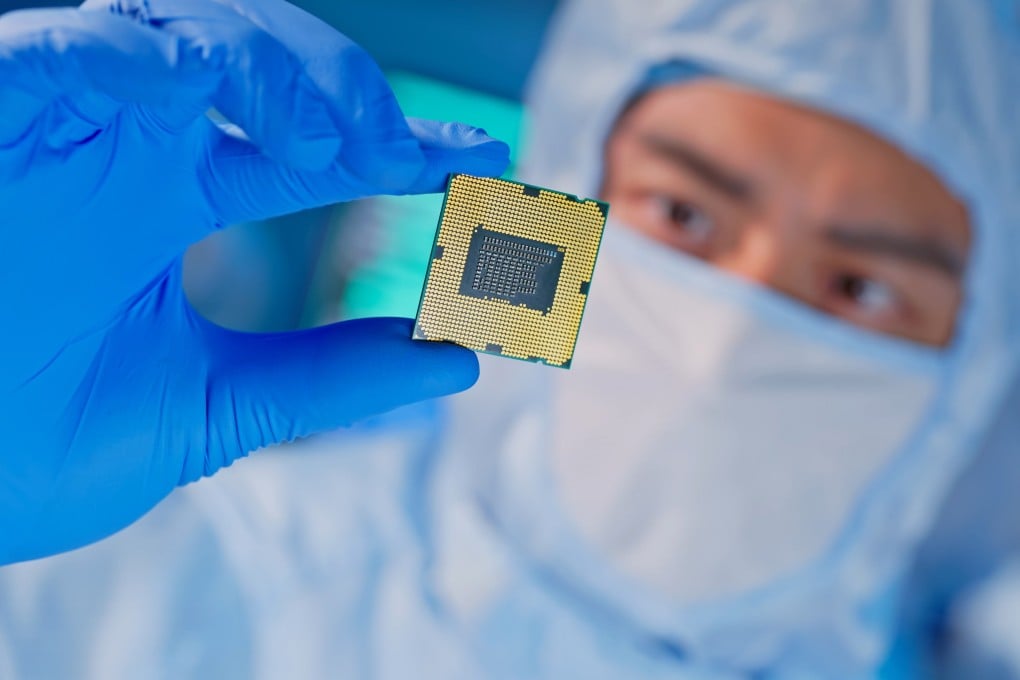China unveils world’s fastest hard drive. Is ‘Poxiao’ the dawn of new flash memory?
Rice-sized memory device breaks speed barrier once thought impossible, capable of erasing and rewriting data 100,000 times faster than before

Researchers at Fudan University on Thursday unveiled “Poxiao”, or Dawn, the fastest flash memory ever created, which can erase and rewrite data in 400 picoseconds. One picosecond is one trillionth of a second.
While the existing prototype holds only kilobytes – barely enough to display this story – its revolutionary design shatters the speed barriers of modern storage by 100,000 times, promising a future where AI brains can read and write as fast as they think.
Published in the journal Nature, this leap in electron physics may soon blur the line between memory and computing.
Overcoming the limits of information storage speed has long been one of the most fundamental challenges in the integrated circuit field, and it is also a key technical bottleneck restricting the potential of AI computing power.
The research team aimed to accelerate flash memory – harnessing its advantages while addressing its speed limitations.